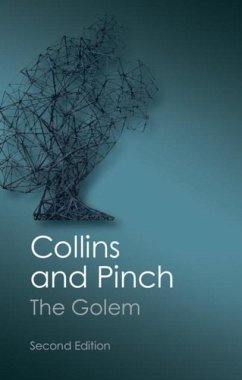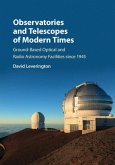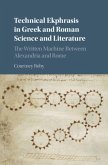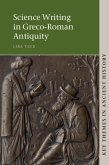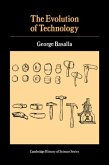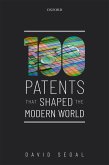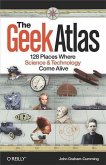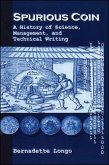Harry Collins and Trevor Pinch liken science to the Golem, a creature from Jewish mythology, powerful yet potentially dangerous, a gentle, helpful creature that may yet run amok at any moment. Through a series of intriguing case studies the authors debunk the traditional view that science is the straightforward result of competent theorisation, observation and experimentation. The very well-received first edition generated much debate, reflected in a substantial new Afterword in this second edition, which seeks to place the book in what have become known as 'the science wars'.
Dieser Download kann aus rechtlichen Gründen nur mit Rechnungsadresse in A, B, BG, CY, CZ, D, DK, EW, E, FIN, F, GR, HR, H, IRL, I, LT, L, LR, M, NL, PL, P, R, S, SLO, SK ausgeliefert werden.

